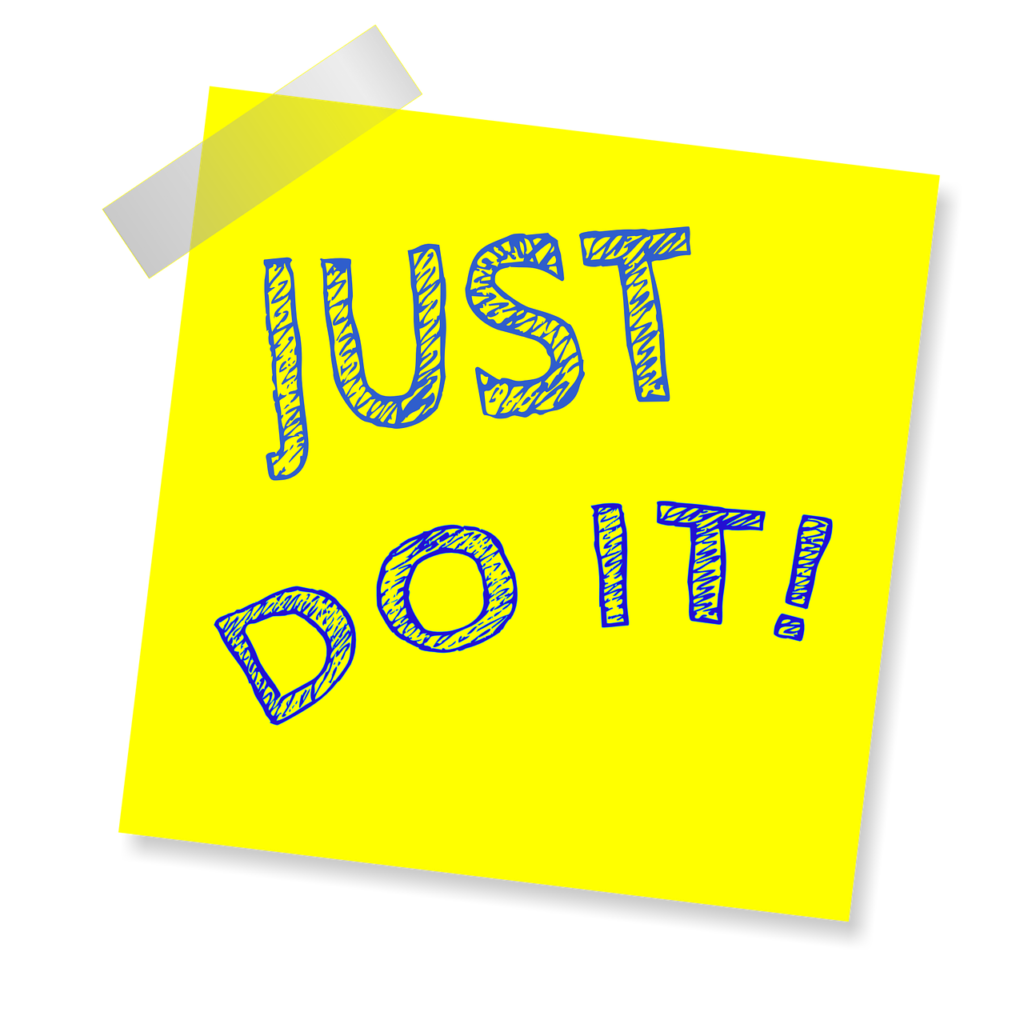
How do you have more impact on the individuals and teams you work with?
When I transitioned my career path from Project Manager to Scrum Master, I was both excited and terrified. This is a feeling many people experience when they are embarking on something new. I have gone through this cycle of excitement and fear many times as I continued to drive towards a more fulfilling career.
I can look back now and see that I followed a similar process each time. In order to amplify my impact, I had to expand my range.
Your range encompasses both who you are and what you do.
Scrum Masters, Coaches, and anyone who considers themselves an agile leader should seek to expand their range as part of their own continuous improvement. Working on yourself is an important aspect of servant leadership.
Look at how much time you can realistically carve out for learning. This may require some difficult trade-offs, but you have to prioritize your learning. Personally, I prefer larger blocks of time for uninterrupted focus. Some people prefer spending a shorter amount of time more frequently. Choose what works best for you, and make adjustments as you go.
Seek foundational knowledge, skills, techniques, and stories. Be sure to seek balance in your learning.
Books can meet some of these needs depending on the style and experiences of the author. Blogs are another option, but you have to ensure the credibility of your source.
Experiential, high quality training can also meet this full range of learning.
When I first started as a Scrum Master, I had foundational agile and Scrum training from a mentor. I later went through Scrum.org’s Professional Scrum courses. I then reached a point where I felt I needed to expand my range with facilitation, so I took a course. Then I reached a point where I wanted to expand my range as a coach, so I embarked on a five month journey through the Co-Active Coach Training Program. There has been additional training sprinkled in along the way.
But it’s not enough to simply learn.
You also have to apply what you learn.
This leads us to step 2.
The real learning comes through practice. Practicing with intention means you choose something specific to practice, and you clearly define what you want to learn from the practice. The key is to get a little outside your comfort zone each time. Remember you are trying to “expand,” so it should feel a little uncomfortable.
Here are a few examples of practicing with intention:
Here are some additional creative ways Scrum Masters, Coaches, and agile leaders can practice with intention outside of the workplace:
While it is possible to self-assess, the most meaningful feedback will come from people with whom you are practicing. Yes, I know it can be difficult to ask. And it can be even more difficult to hear the feedback.
Here are a few tips to get meaningful feedback:
You can ask for feedback in other ways. Survey your peers to assess you. I did something similar last year. I appreciated learning that people see me as focused and organized. I also appreciated finding out that people also see me as blunt and impatient.
This could be a formal or informal coaching relationship.
A coach can help you expand your range by providing support and accountability. A coach can help you get past limiting beliefs and see different perspectives.
A coach can call you on your bullshit. A coach can challenge you. A coach can hold a supportive space for you to explore and grow.
I have been coached by many people. Being coached is what has allowed me to expand my range the most.

I challenge you to make this real in your life. Here are a few actions you can take towards expanding your range.
________________________________


